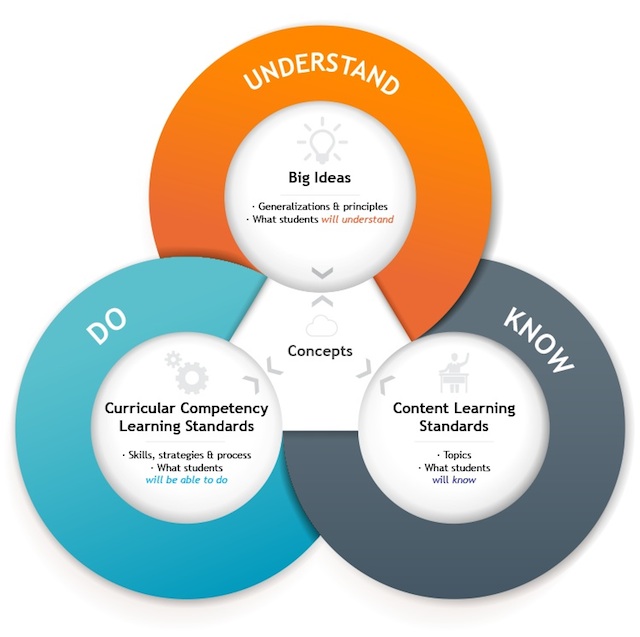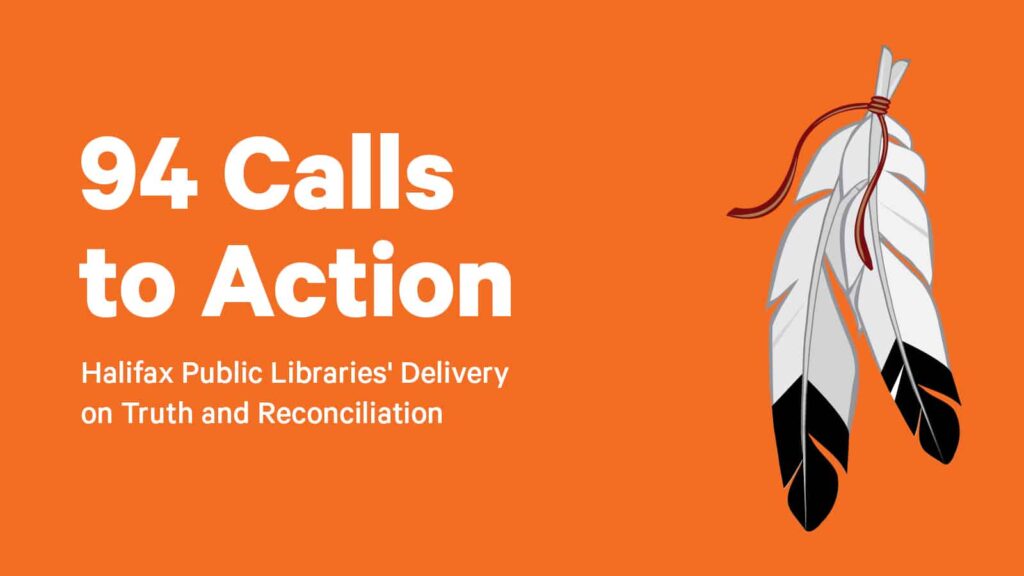The First Peoples Principles of Learning is a way to teach. While Indigenous in nature I believe that its holistic approach can reach all students and give them different ways to succeed. They highlight interconnectedness of all aspects of learning, including the importance of experiential learning (hands-on) and relationship building. These are core beliefs that should be in every classroom and are beneficial to all students and teachers. They prioritize the significance of diverse ways of knowing and being while fostering an interconnection with the natural world and each individual. By adopting these guiding principles, educators can create inclusive and diverse, cultural learning environments.
edu_standards_poster-11×17-1The BCTF Standards serve as guiding framework for professional teachers. The standards emphasize excellence, equity, ethical conduct and lifelong learning. They encourage teachers, such as ourselves, to create inclusive learning environments that respect diversity and social justice. The standards are vital to adhere to as they aim to help student well-being, growth and development. These are core beliefs all teachers should have and follow because, as teachers, we play an important role in creating a culture of mastery, accountability, and it empowers teachers to to make a positive impact on the lives of our students.

The British Columbia curriculum provides a comprehensive framework for all teachers. We must follow the Big Ideas, Curricular Competencies, Content and Core Competencies. While we must adhere to these facets they are valuable for all students and teachers. It emphasizes student centered learning, critical and creative thinking, social responsibility and inquiry. These are all skills that are crucial for students as they transition through life. By integrating Indigenous knowledge and environmental sustainability the curriculum reflects the reconciliation Calls to Action by the TRC and reflects a commitment to global citizenship. The new curriculum leaves many areas free to explore but highlights the importance of these skills so no matter what we teach we will always think about how to include these core concepts in the classroom.

The Truth and Reconciliation’s 94 Calls to Action represent an important step towards healing, understanding and reconciliation with Indigenous peoples in Canada. As teachers we play a pivotal role in implementing these 94 Calls to Action by integrating Indigenous knowledge in the classroom. We also play a role in “developing and implementing Kindergarten to
Grade Twelve curriculum and learning resources
on Aboriginal peoples in Canadian history, and the
history and legacy of residential schools” (63.1( and “building student capacity for intercultural
understanding, empathy, and mutual respect” (63.3). While this is present in our curriculum it is crucial that we implement more discussions and content surrounding these issues to properly respect the Calls to Action.